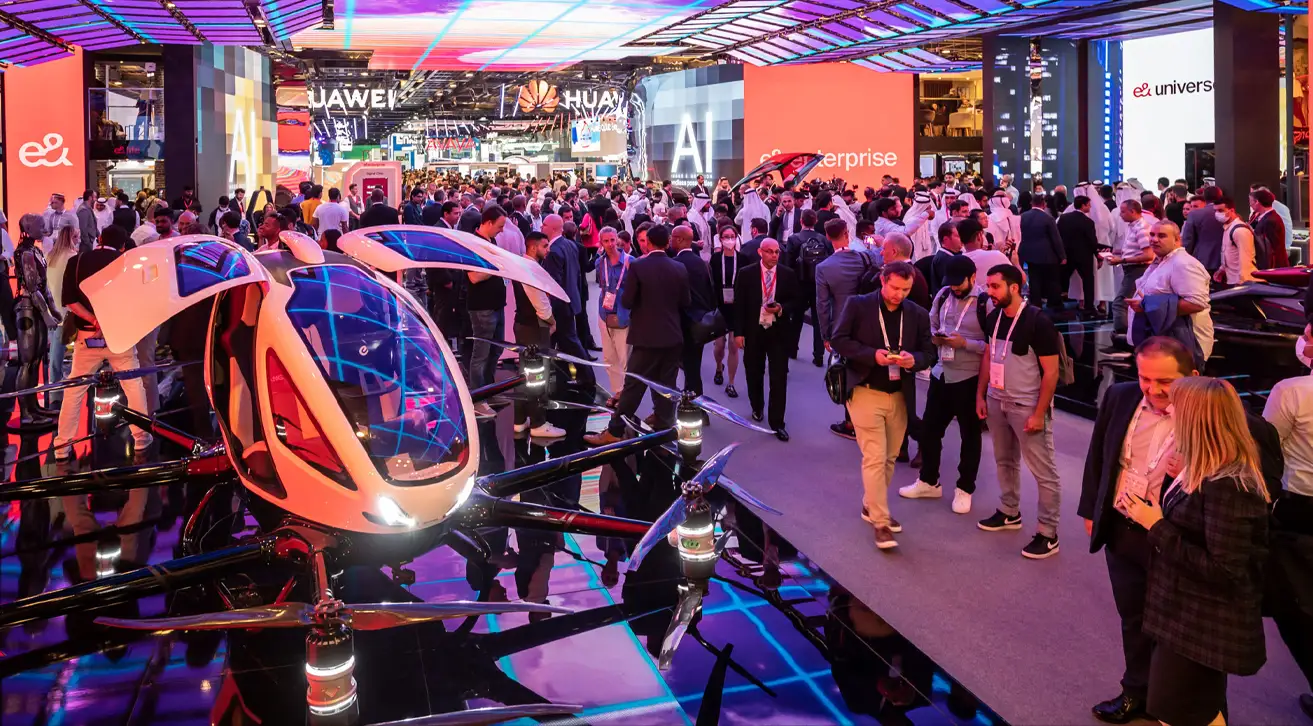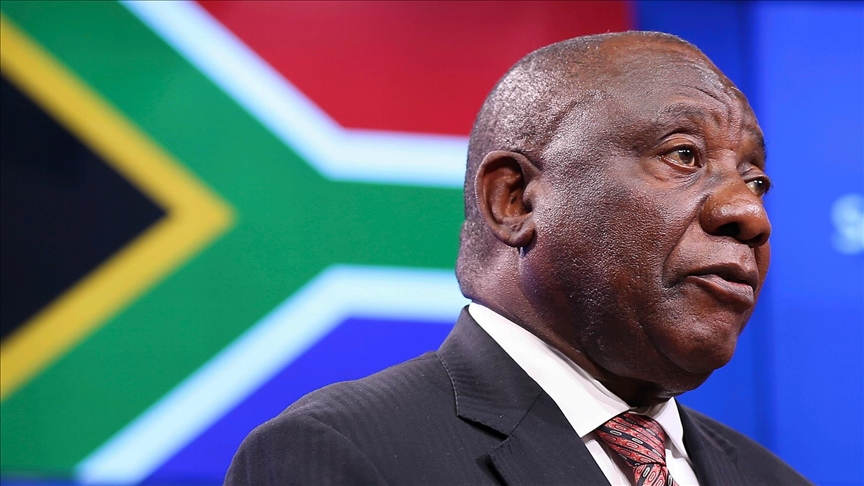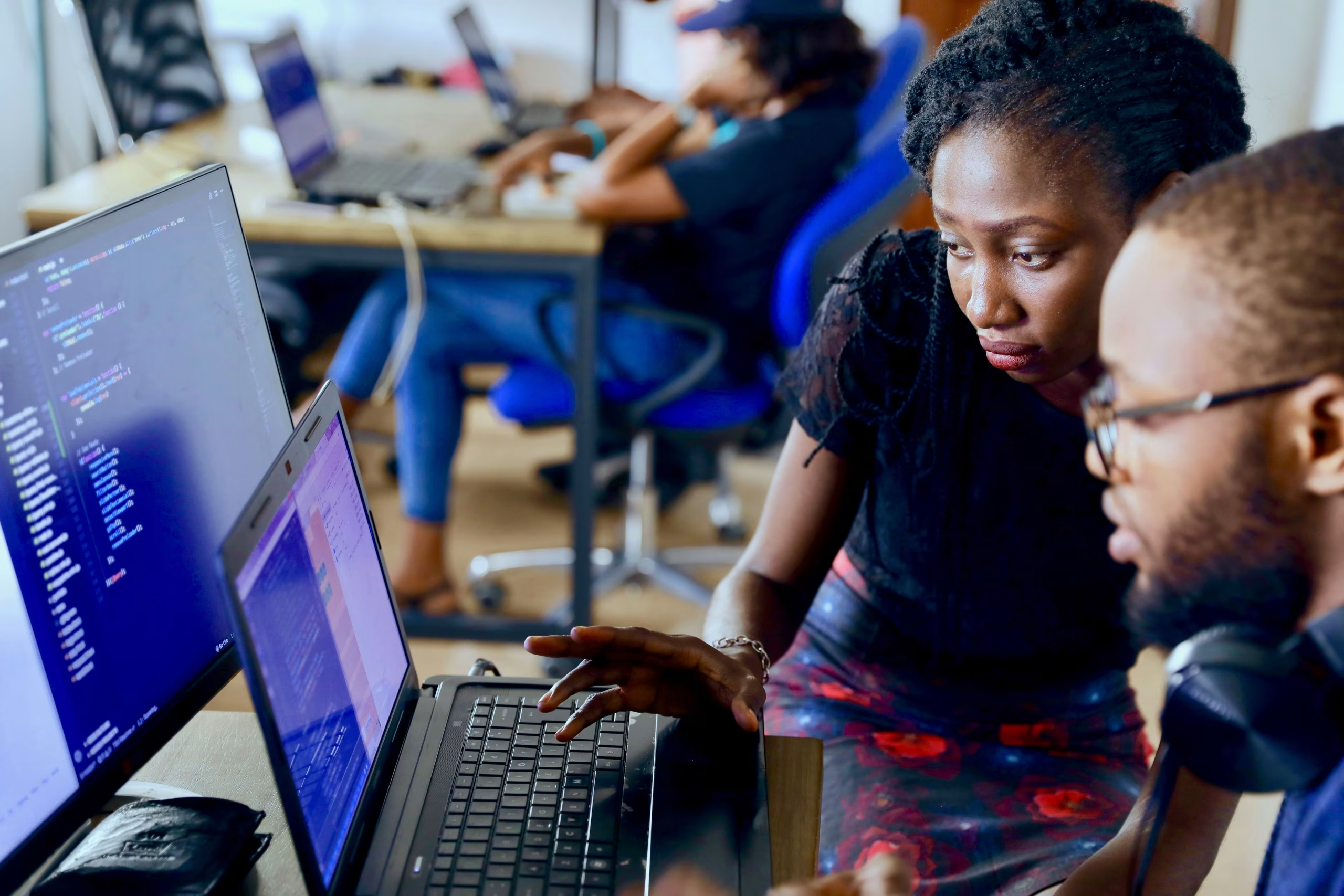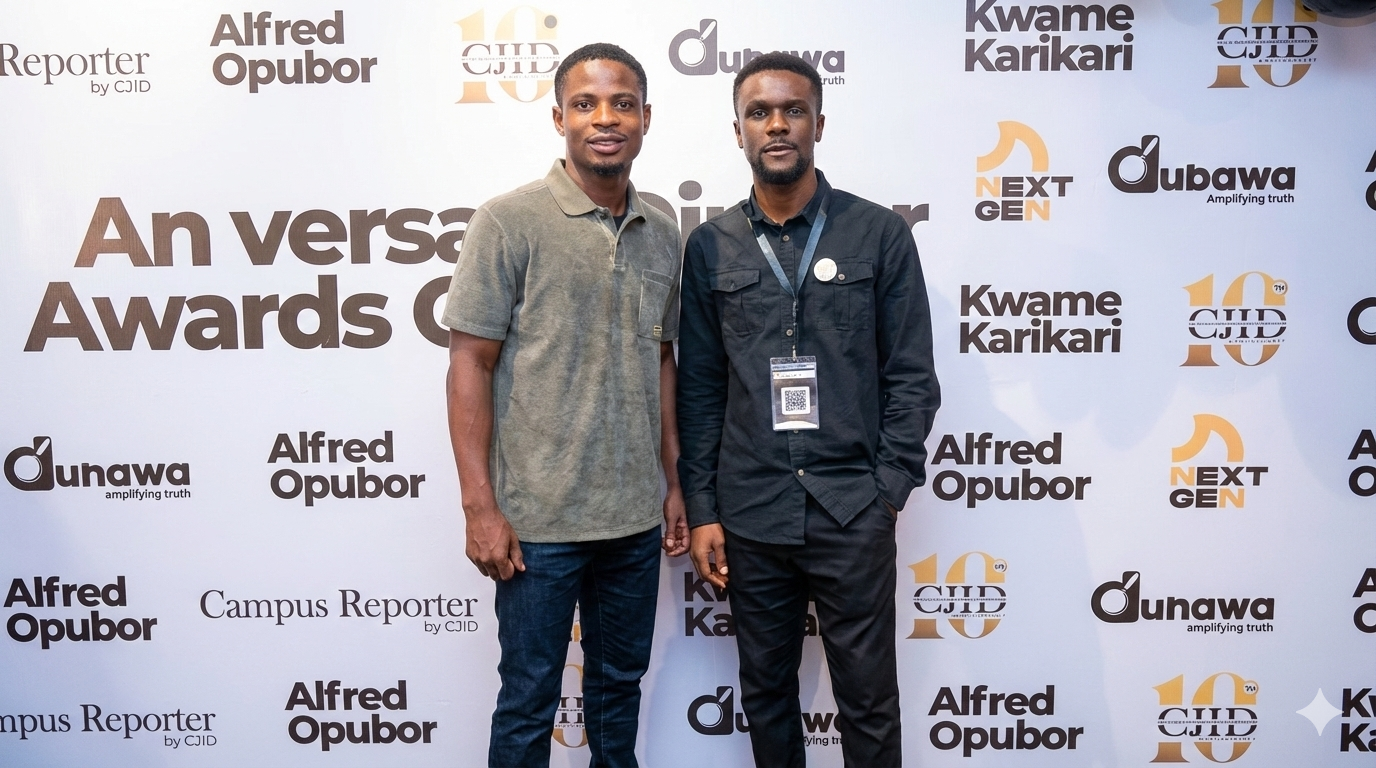As Africa positions itself at the forefront of artificial intelligence adoption, a critical flaw in the continent’s rapidly growing AI ecosystem is coming into sharp focus: the severe underrepresentation of women in the data used to train machine learning models. Experts warn that this “gender data gap” could perpetuate inequalities, undermine economic gains, and leave billions of dollars in potential value untapped.
A recent analysis published by TechCabal highlights how AI is transforming key sectors across Africa, from fintech in Lagos to healthcare diagnostics in Nairobi. Machine learning algorithms are underwriting loans for the unbanked, optimizing supply chains, and enabling remote disease detection. Venture capital is pouring into startups promising to leapfrog traditional infrastructure barriers, with AI hailed as the continent’s next economic engine.
Yet, the fuel powering these innovations data is overwhelmingly male-dominated. Men are far more likely to own smartphones, engage with mobile money services, and generate digital footprints through online activities. Women, who make up half of Africa’s population, are systematically underrepresented in these datasets.
“This isn’t just a social justice issue; it’s a massive market inefficiency,” the report states. In fintech, Africa’s tech crown jewel, biased algorithms risk denying women fair access to credit, insurance, and financial services. The result? Trillions in economic activity could remain locked away, as AI tools fail to accurately “see” or serve 50% of the population.
The warning comes amid a flurry of high-profile AI events underscoring the continent’s ambitions. Just days ago, Tanzania was spotlighted as a rising digital hub with the announcement that Arusha will host the Africa Premier Artificial Intelligence Conference (APAIC) 2025 from November 24–27. The event, described as a “groundbreaking continental convening,” aims to position Africa not merely as an AI consumer but as a co-architect of global standards, with a focus on “agentic AI” advanced systems capable of autonomous decision-making.
Meanwhile, Tunisia recently played host to the Global AI Congress Africa (GAICA 2025) in Sousse, drawing thousands of innovators, startups, and global experts. The congress emphasized homegrown solutions in health, finance, and agriculture, reinforcing Africa’s push for digital sovereignty.
These gatherings build on broader momentum: The African Union has declared AI a strategic priority, with national strategies proliferating in countries like Egypt, Kenya, Nigeria, and Tanzania. Investments are flowing in, including Microsoft’s expanded cloud and AI infrastructure in South Africa and partnerships like Cassava Technologies’ plans for Africa’s first “AI factory” powered by Nvidia GPUs.
However, experts argue that without addressing data biases, these advancements risk encoding old inequalities into new technologies. “If Africa’s digital tools cannot accurately value or serve women, we’re leaving billions on the table,” one analyst noted, echoing concerns raised in the TechCabal piece.
Initiatives to close the gap are emerging. Organizations like Lelapa AI in South Africa are developing localized models, while efforts to collect more inclusive datasets gain traction. UNESCO and the African Union are pushing for ethical frameworks that prioritize gender equity and local data sovereignty.
As APAIC 2025 approaches, delegates will grapple with these challenges head-on. “Africa will not be a consumer of AI designed elsewhere,” organizers have declared. For the continent’s AI revolution to truly benefit all Africans, fixing the gender data blind spot may be the most urgent step forward.
This story reflects one of the most discussed AI topics in African tech circles this week, blending optimism about the continent’s AI leapfrog potential with sober warnings about inclusive growth. As events like APAIC and ongoing investments signal a pivotal moment, the race is on to build an AI future that leaves no one behind.




